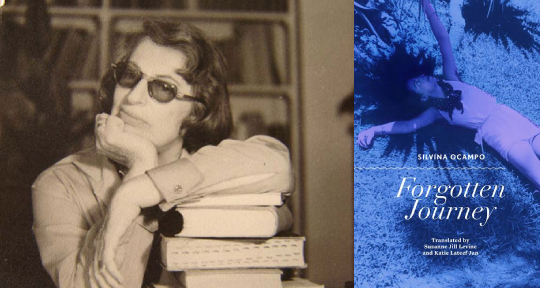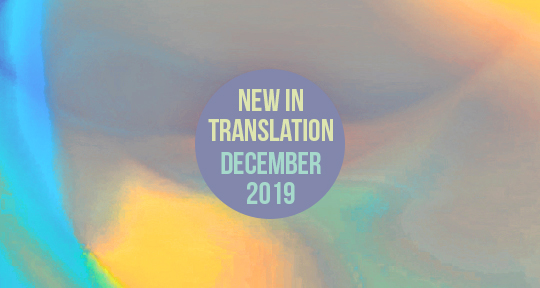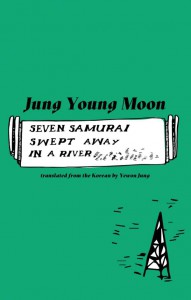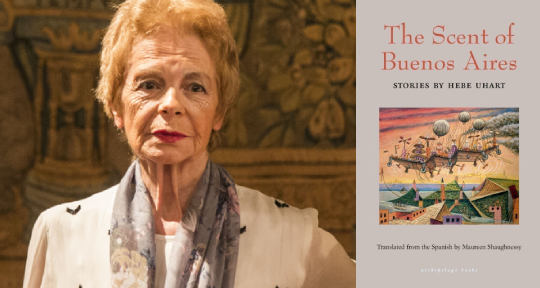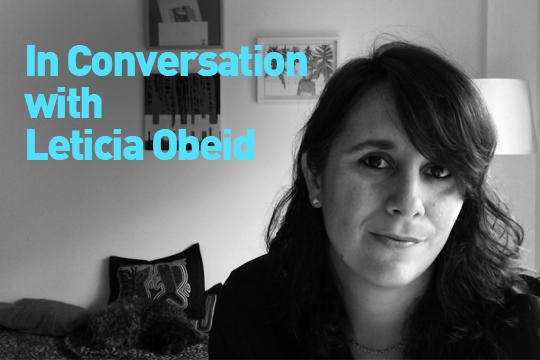This week, our writers bring you the latest news from Argentina, Central America, and the United States. In Argentina, Chris Andrews’s forthcoming translation of César Aira’s novel The Divorce was awarded a PEN Translates award; in Guatemala, a new posthumous collection by Kaqchikel Maya writer Luis de Lión was published; and in the United States, bookstores and libraries have been supporting the Black Lives Matter protests by publishing recommended reading lists. Read on to find out more!
Allison Braden, Editor-at-Large, reporting from Argentina
English PEN announced the winners of its PEN Translates award earlier this month, and among them was Chris Andrews’s translation of César Aira’s The Divorce, forthcoming from And Other Stories in 2021. The Argentine author and translator continues to have a powerful influence both at home and abroad. His short novel Artforum, published in March by New Directions, earned glowing praise in an April NPR review: “Aira is unencumbered. He does what he does, and what we receive is giddy, unquestionably self-indulgent, and yet absolutely perfect.” The review, it should be noted, doesn’t reference the translator, Katherine Silver. It’s almost unbelievable that Aira can work at such a remarkable pace—he publishes two or three short novels a year—and continue to get such good reviews. (His most recent release in Argentina, Fulgentius, was also lauded.) The good news is that his pace of writing ensures work for translators and new releases into English for years to come.
Perhaps soon there will be a service to have Aira’s new releases delivered to your door monthly. Buenos Aires is a hotbed for independent publishers, and book clubs have sprung up as a way to promote and discuss new offerings. In a market inundated with new books each month—at least until recently—the clubs also provide vetting and a way to make sense of the noise. Some require members to obtain the book themselves, but others do the task of curating and sending members their selections each month. Pez Banana works this way (the name, which means banana fish, is a homage to Salinger). Founded by two veterans of the Buenos Aires publishing industry, Florencia Ure and Santiago Llach, the service sends a new release novel and reading guide each month. Among other book club choices, Bukku also sends out a monthly selection, and the decision of which service to subscribe to may come down to what else is in the box: Bukku deliveries include the book, a bookmark, a playlist curated by the author, and a surprise book-related, locally designed gift. Sign me up. READ MORE…



